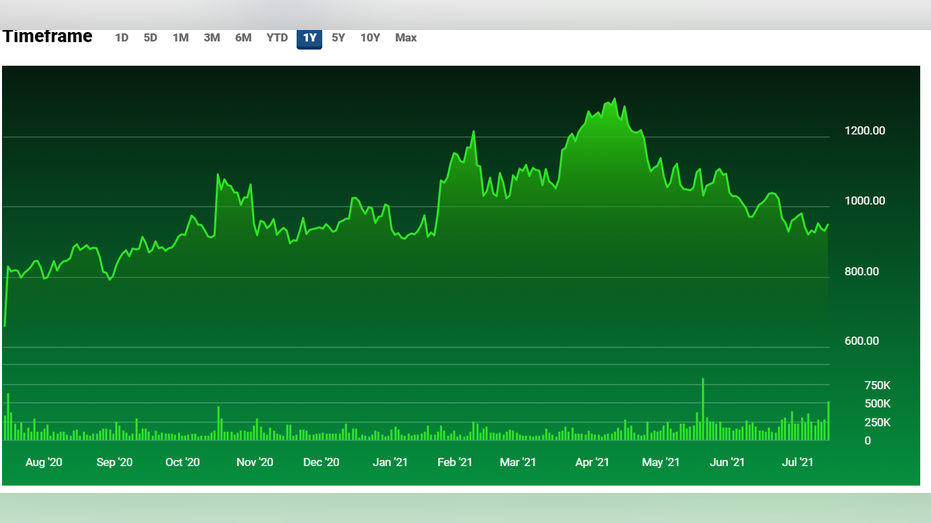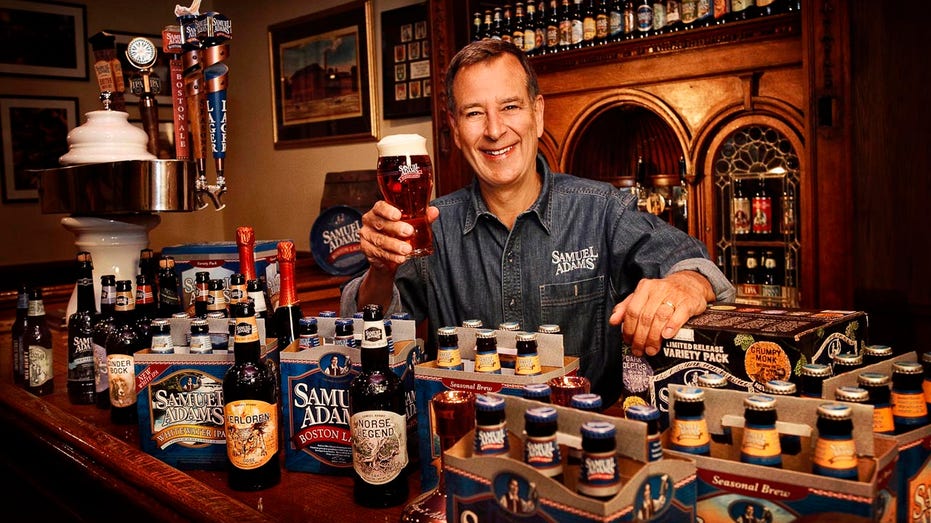Boston Beer stock obliterated as hard seltzer hit
There are so many hard seltzers, consumers are becoming 'confused'
The next economic 'move is going to be up': Market expert
Woodshaw Financial Group Principal D.R. Barton on his outlook for the markets.
Boston Beer, the maker of Sam Adams and Truly hard seltzer, is seeing its shares take a beating after management disclosed it overestimated the hard seltzer craze.
| Ticker | Security | Last | Change | Change % |
|---|---|---|---|---|
| SAM | BOSTON BEER CO. INC. | 247.11 | +8.63 | +3.62% |
The drop in the shares Friday, north of 20%, are on pace for one of the worst percentage declines on record.
"We overestimated the growth of the hard seltzer category in the second quarter and the demand for Truly, which negatively impacted our volume and earnings for the quarter and our estimates for the remainder of the year," said Boston Beer CEO Dave Burwick during the earnings investor call.
The company is now sitting with more inventory than it would like in what has become a crowded category in stores.
TEXAS CONSIDERS BANNING BEN & JERRY'S
The outlook for Truly remains "uncertain" for the rest of 2021.
At least six Wall Street firms, including Goldman Sachs, Morgan Stanley and RBC, cut price targets on the stock, which has gained 43% over the past 12 months.
Already the stock has advanced over 40% during the past 12-months.

Why the miscalculation?
Potentially more competition. The hard seltzer category has exploded, as management noted, with about 220 brands out there. Boston Beer Chairman and founder Jim Koch, in the earnings release, noted there are so many brands, it's creating "consumer confusion."

CLICK HERE TO READ MORE ON FOX BUSINESS
Additionally, analysts asked if ready to drink (RTD) cocktails, such as High Noon, vodka soda in a can, made by E&J Gallo, may be taking customers away from the seltzers.
"High Noon does deliver on sort of sessionability, better-for-you, but if you look at the other canned cocktails, they do not," Burwick added.
GET FOX BUSINESS ON THE GO BY CLICKING HERE
In the second quarter, the beverage maker reported revenue of $602 million, a 33% rise from the same period a year ago but well below analysts' estimates of $658 million polled by Refinitv. Earnings per share also missed expectations, falling 2.7% to $4.75 per share, below the $6.69-per-share estimate.





















